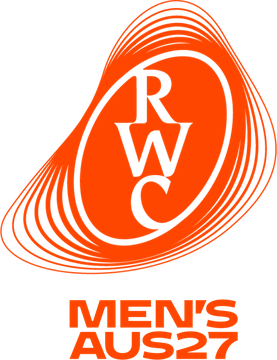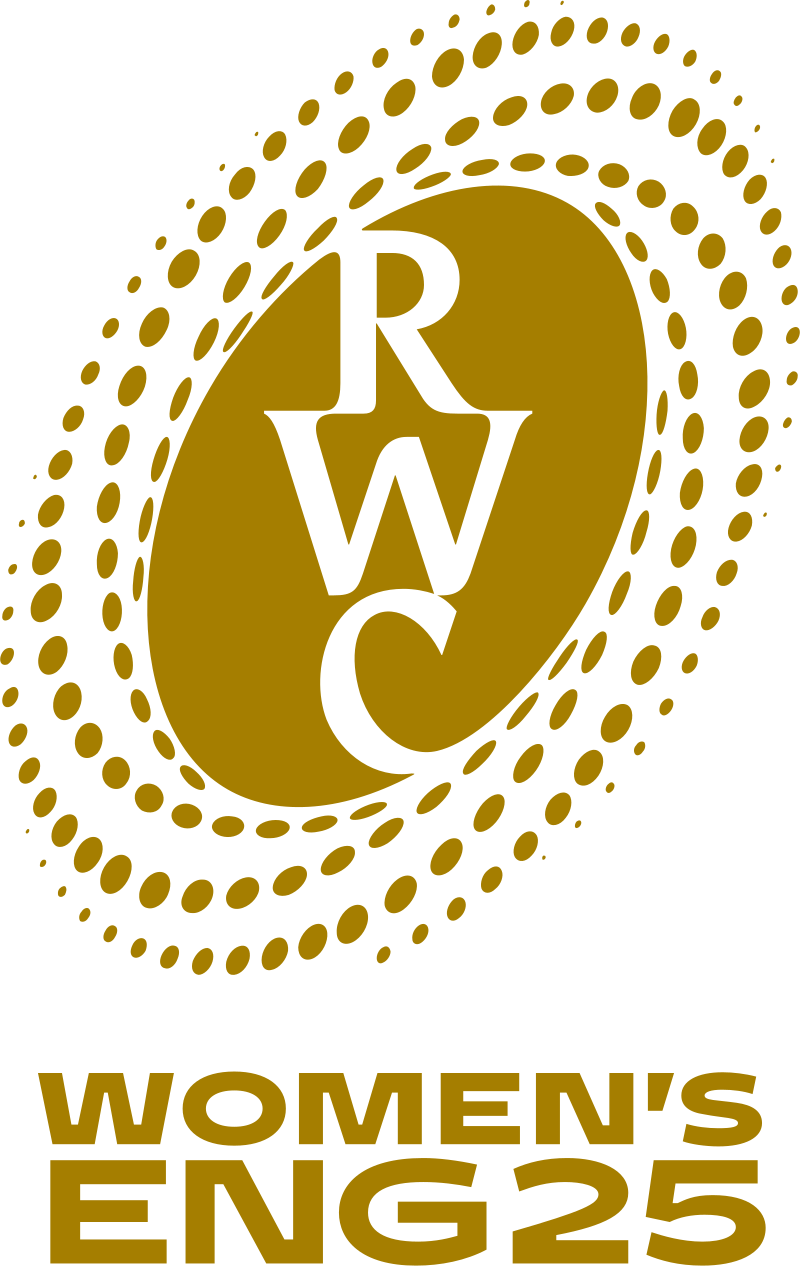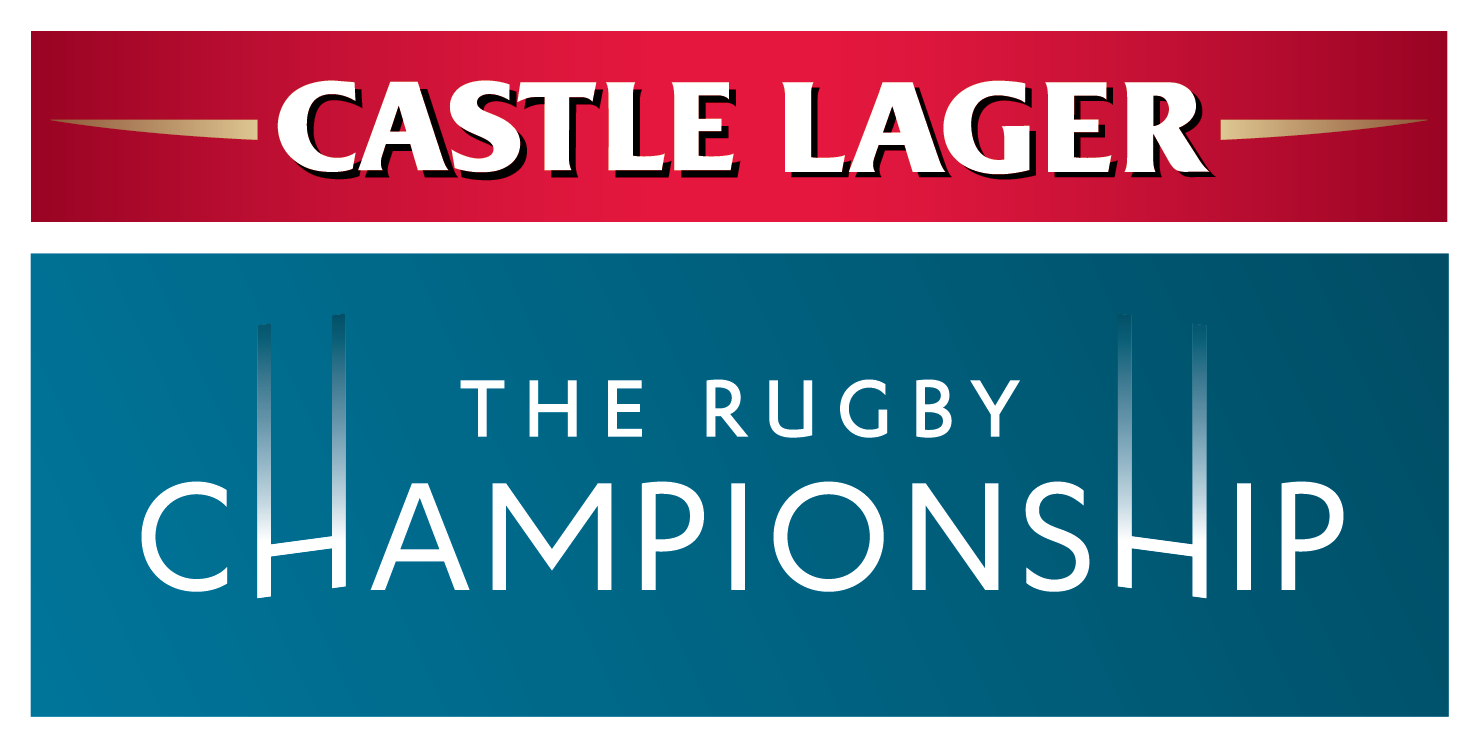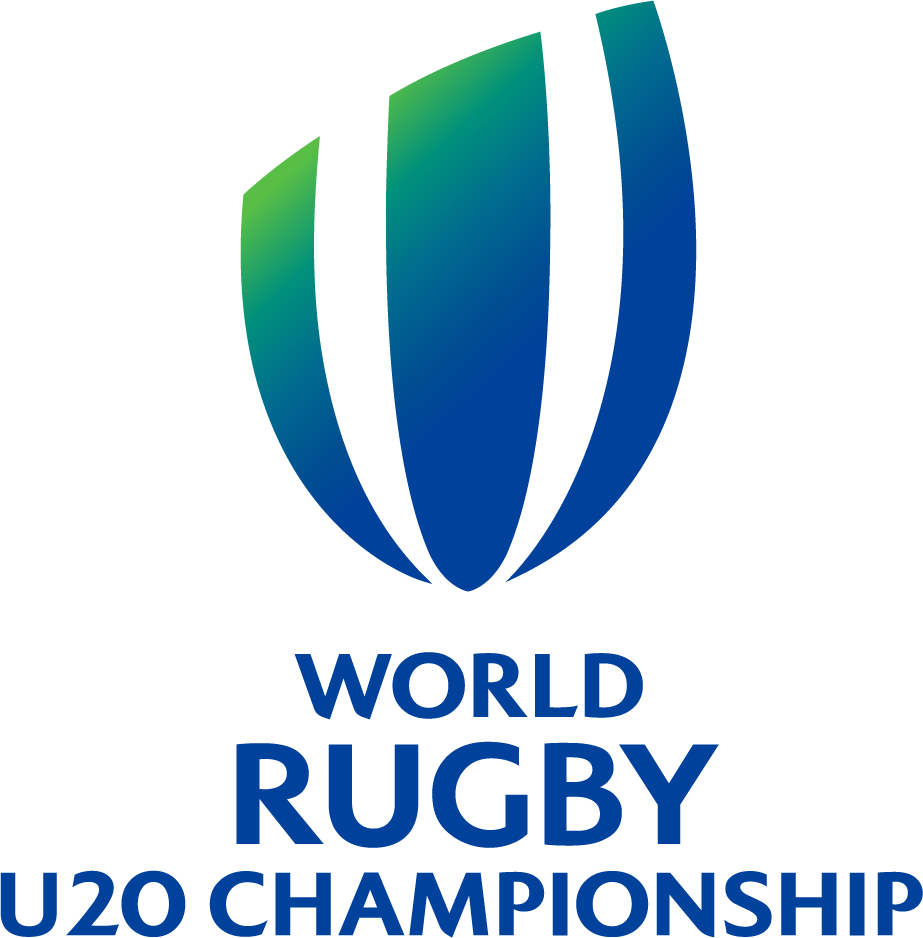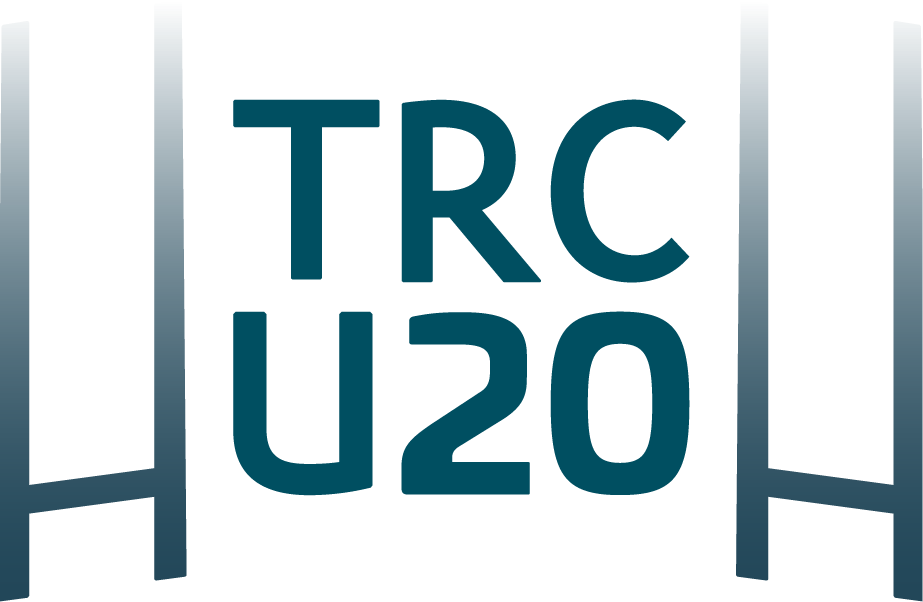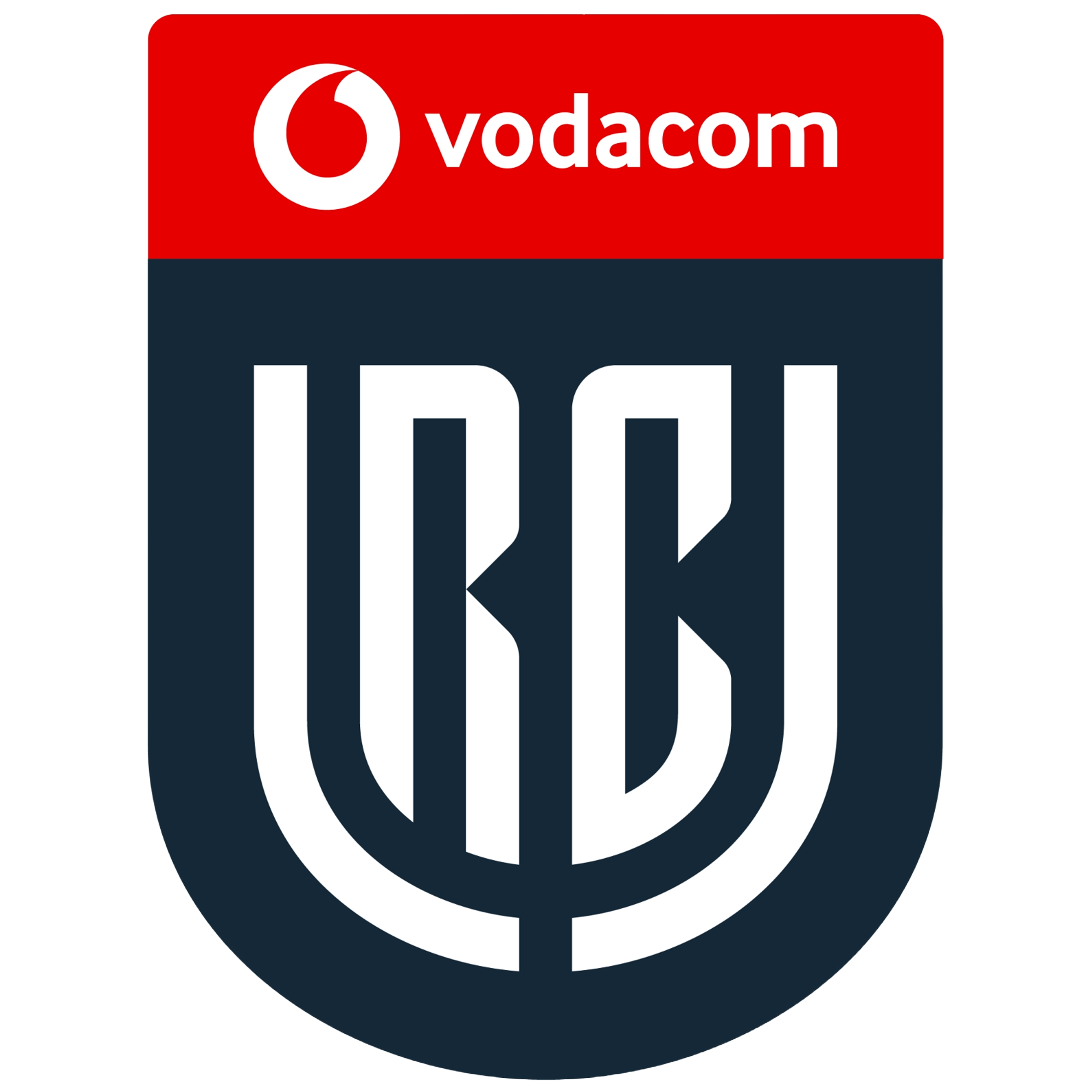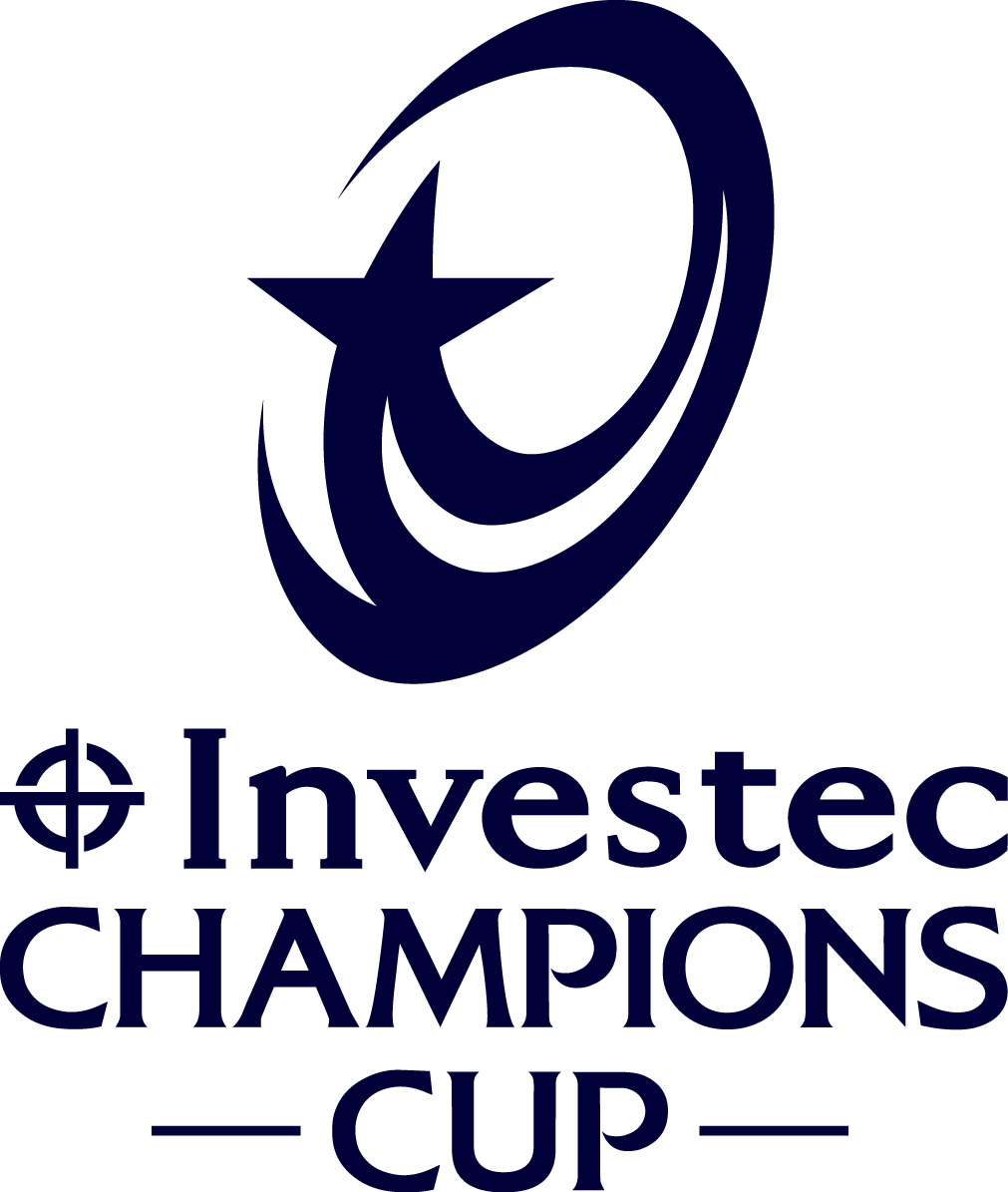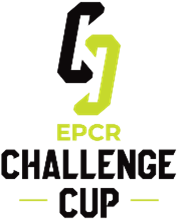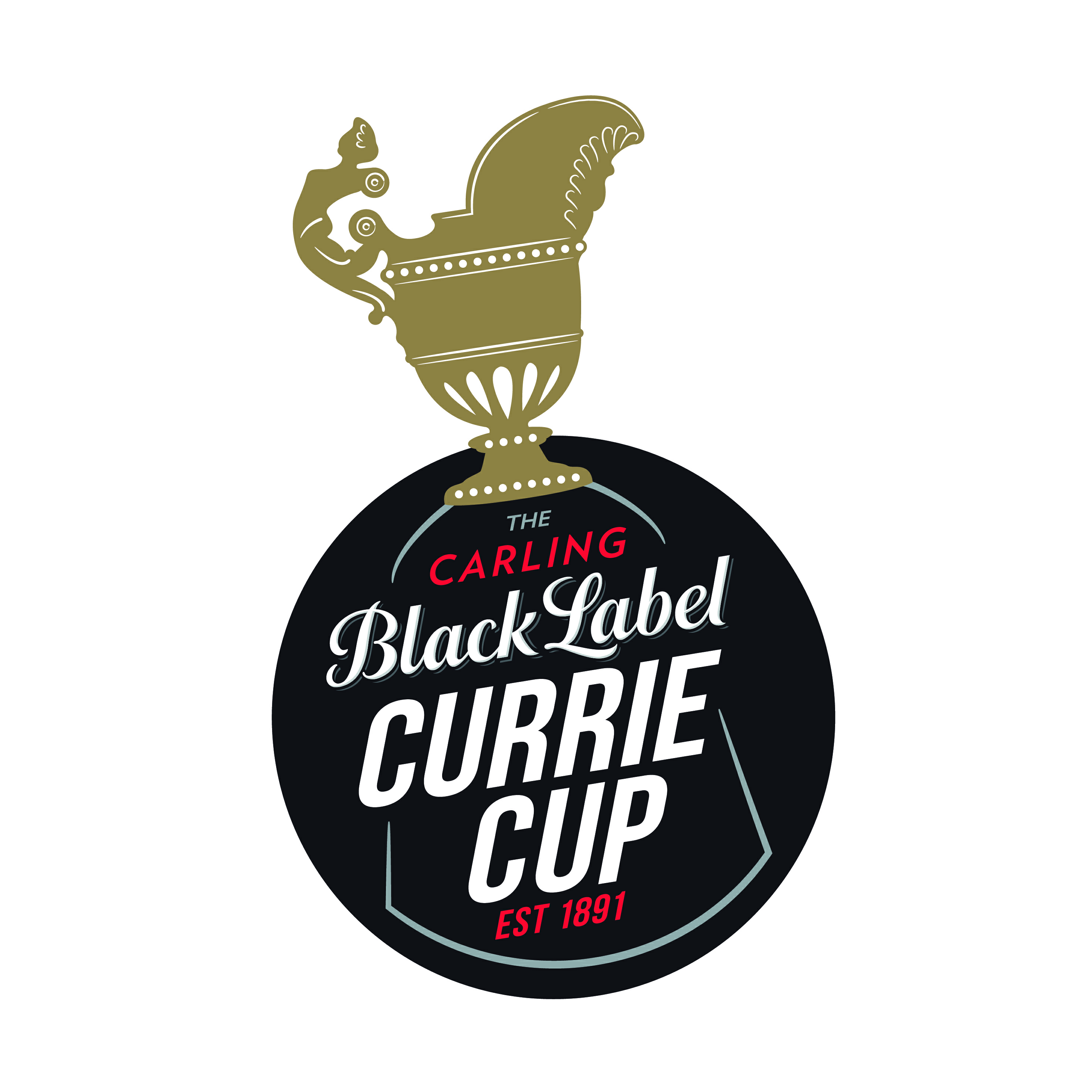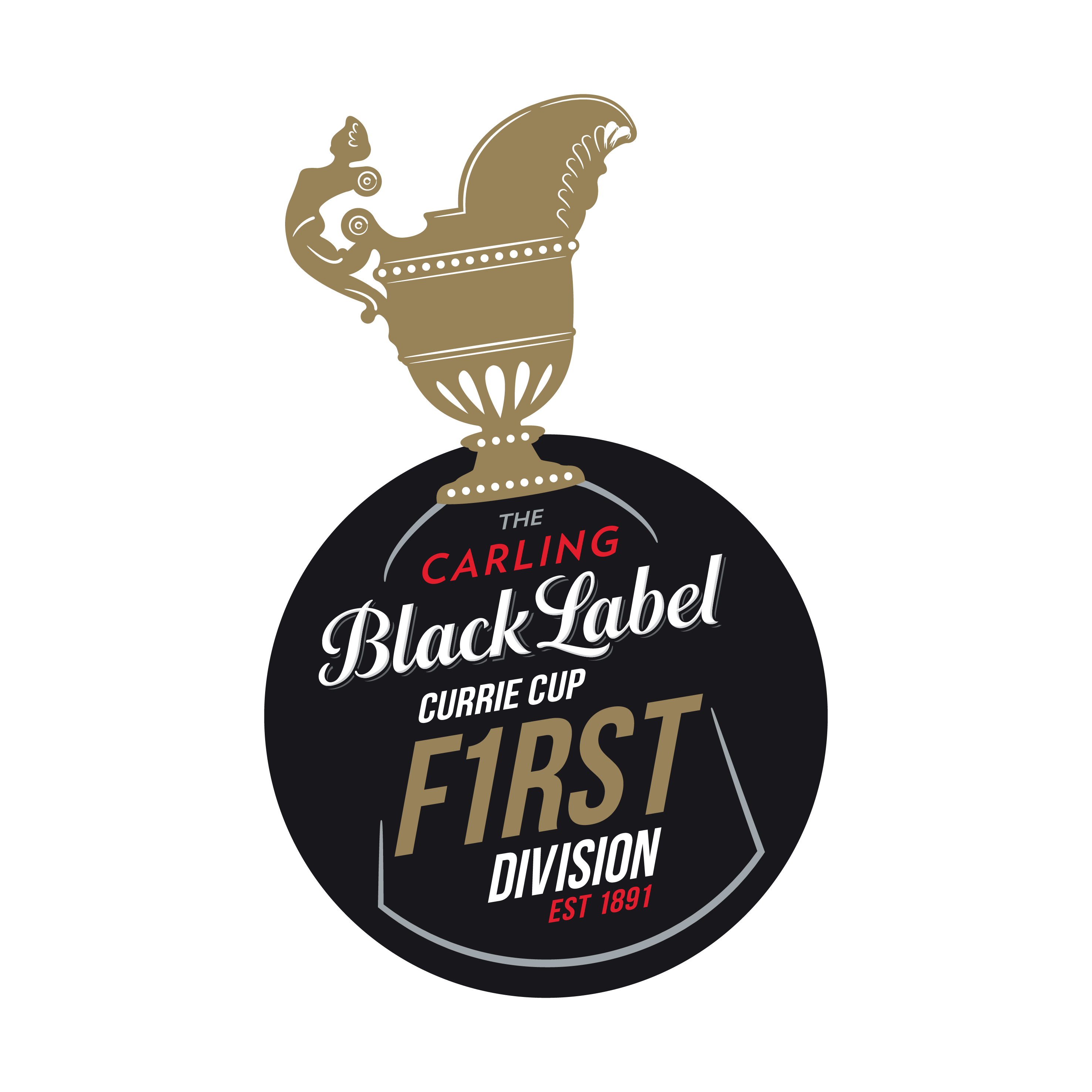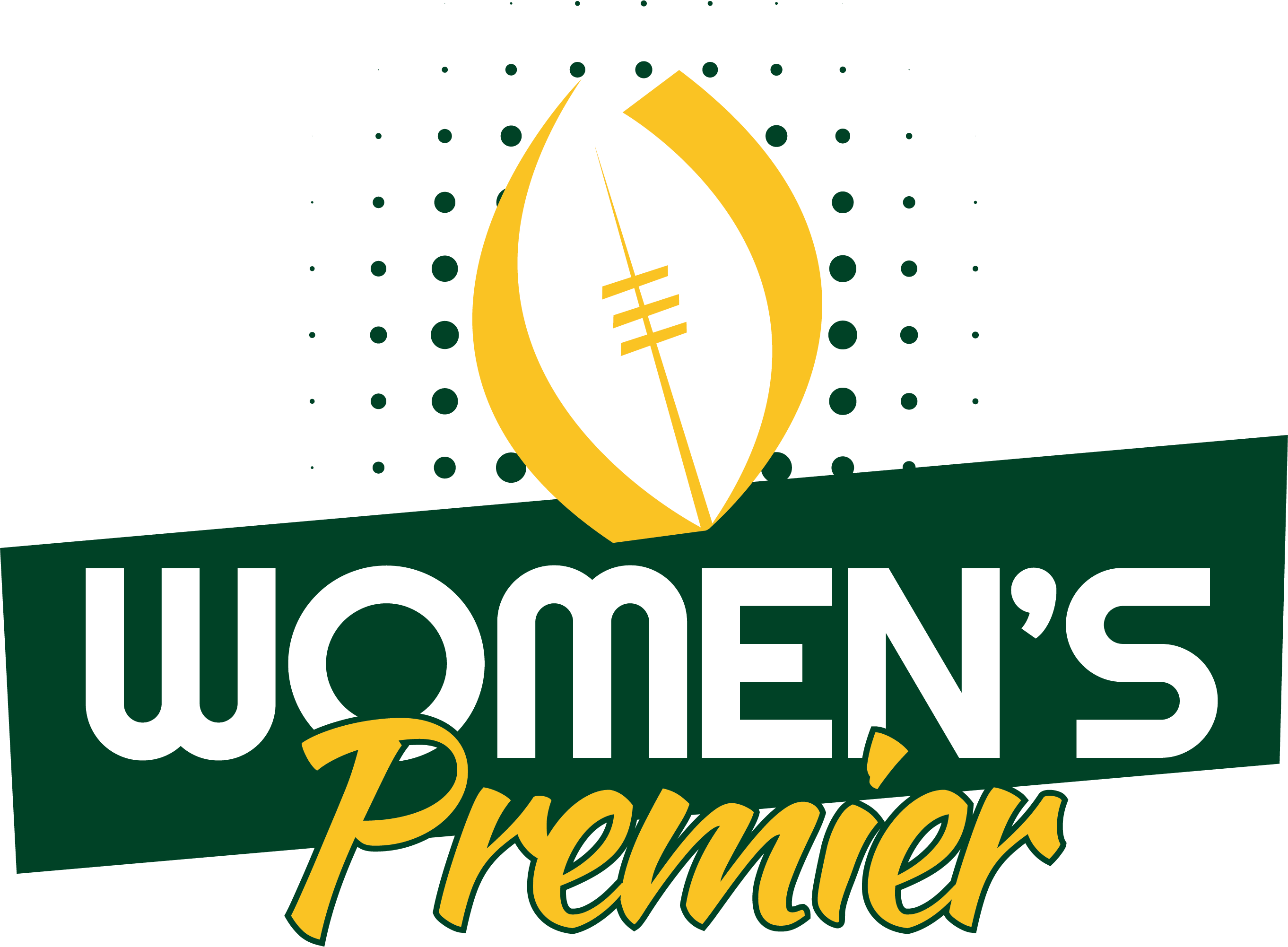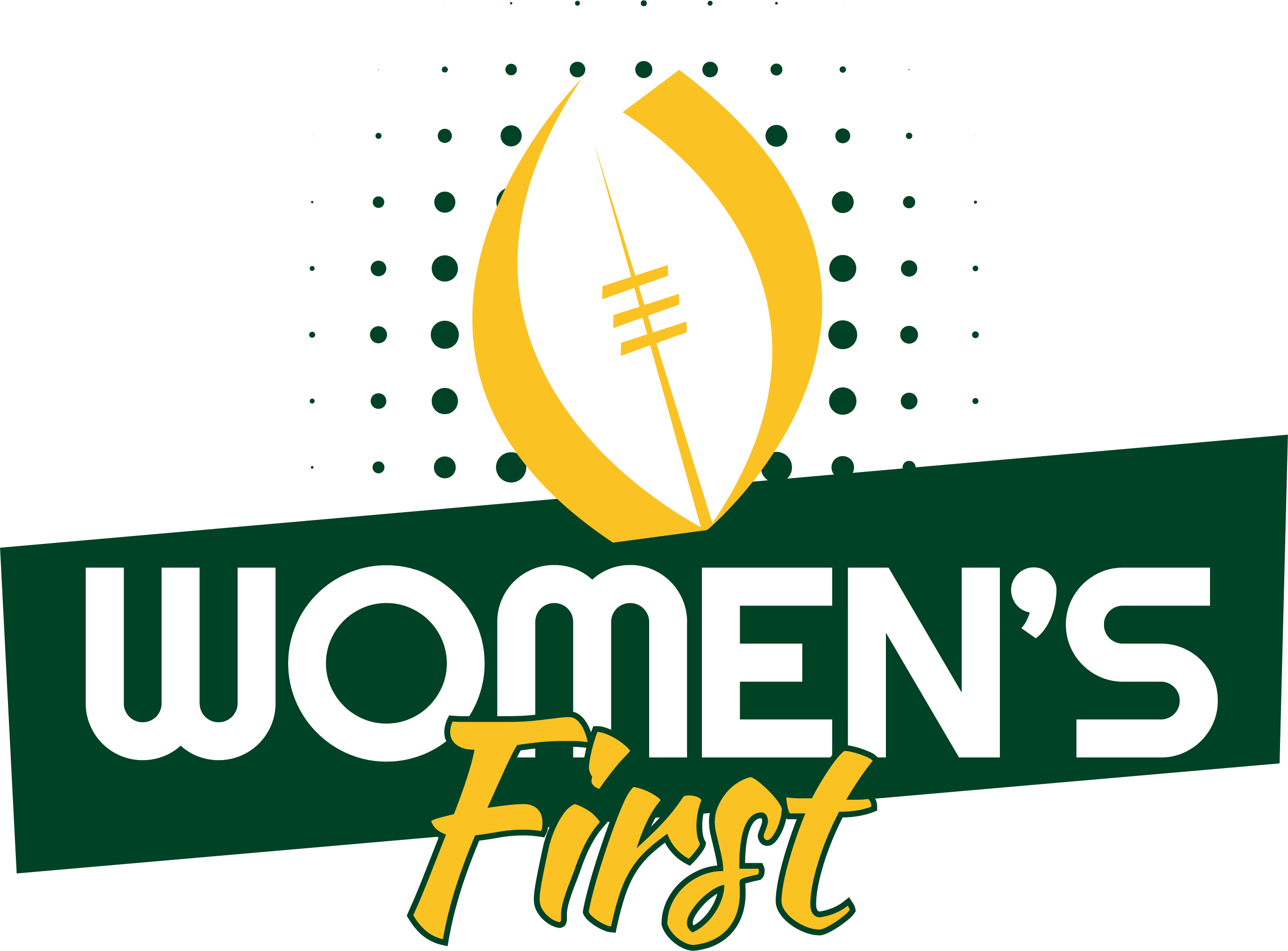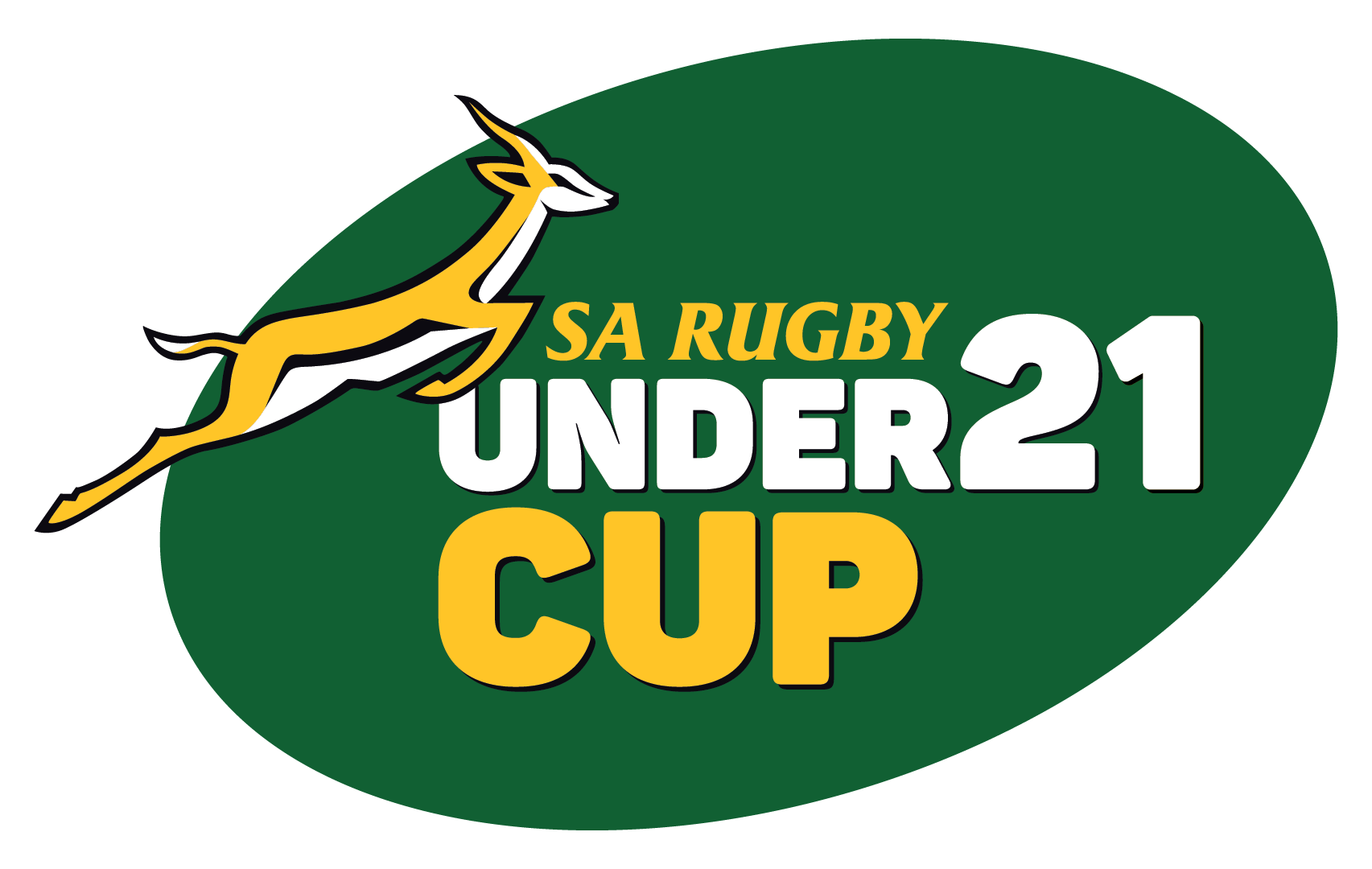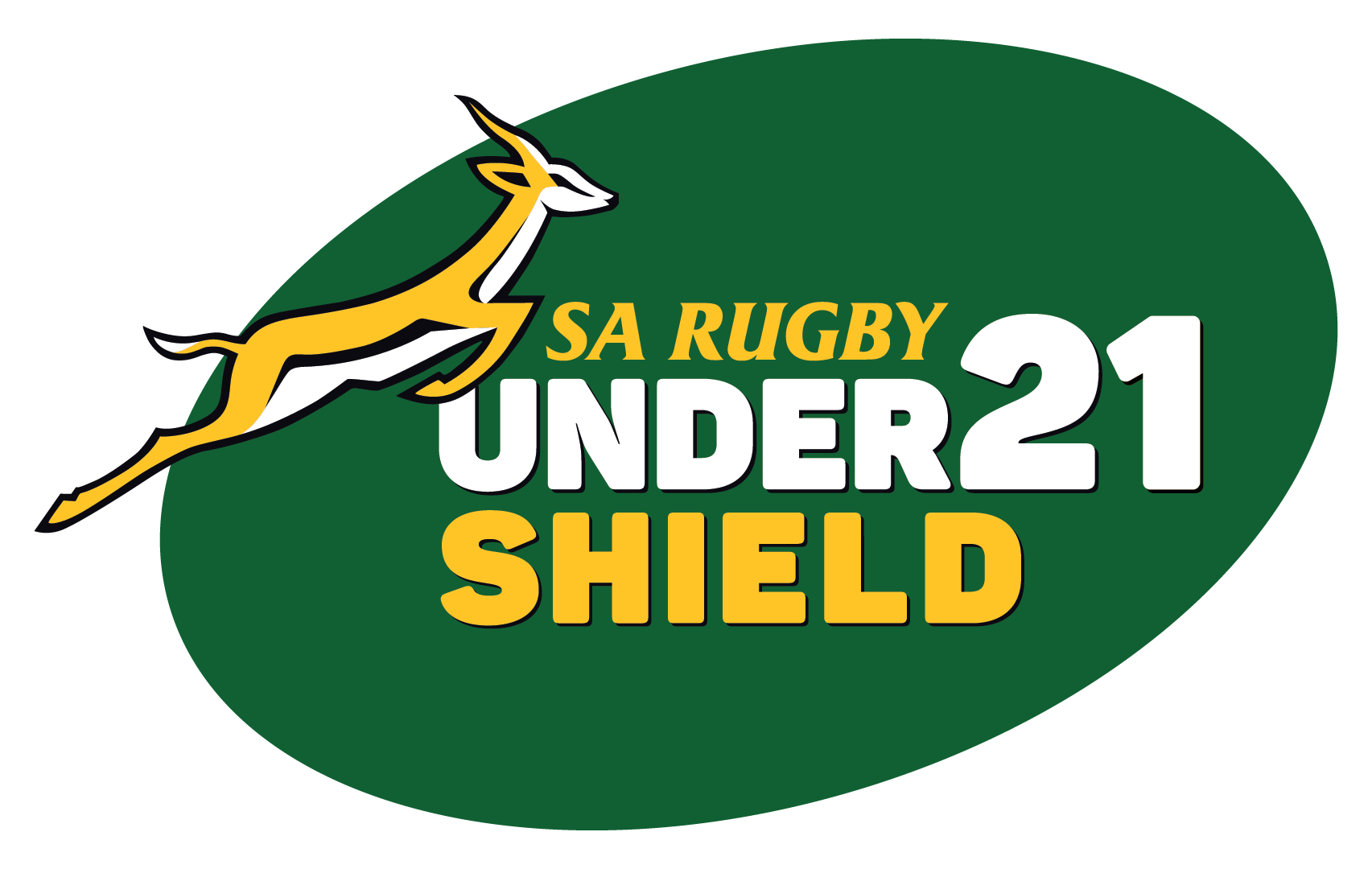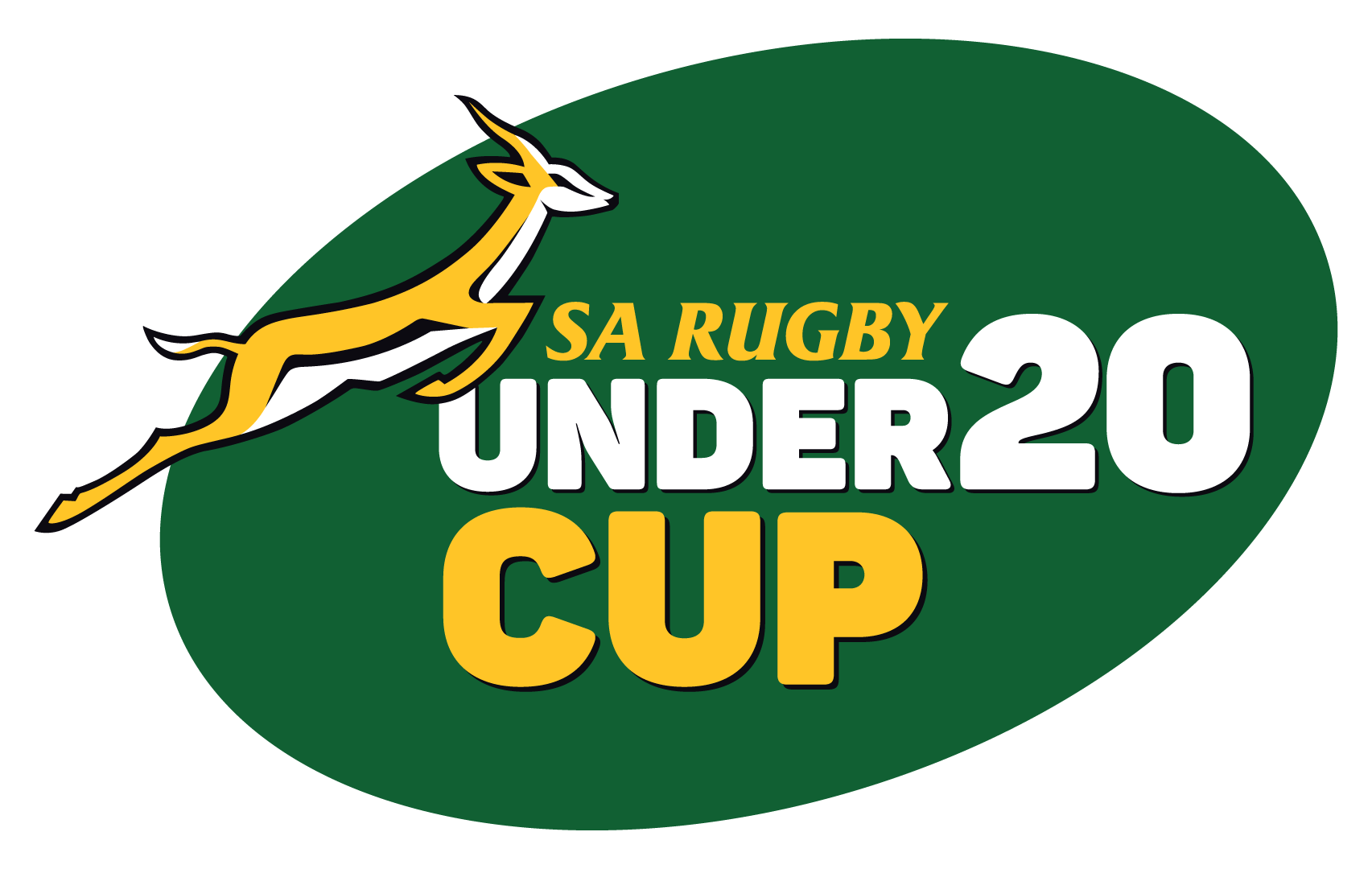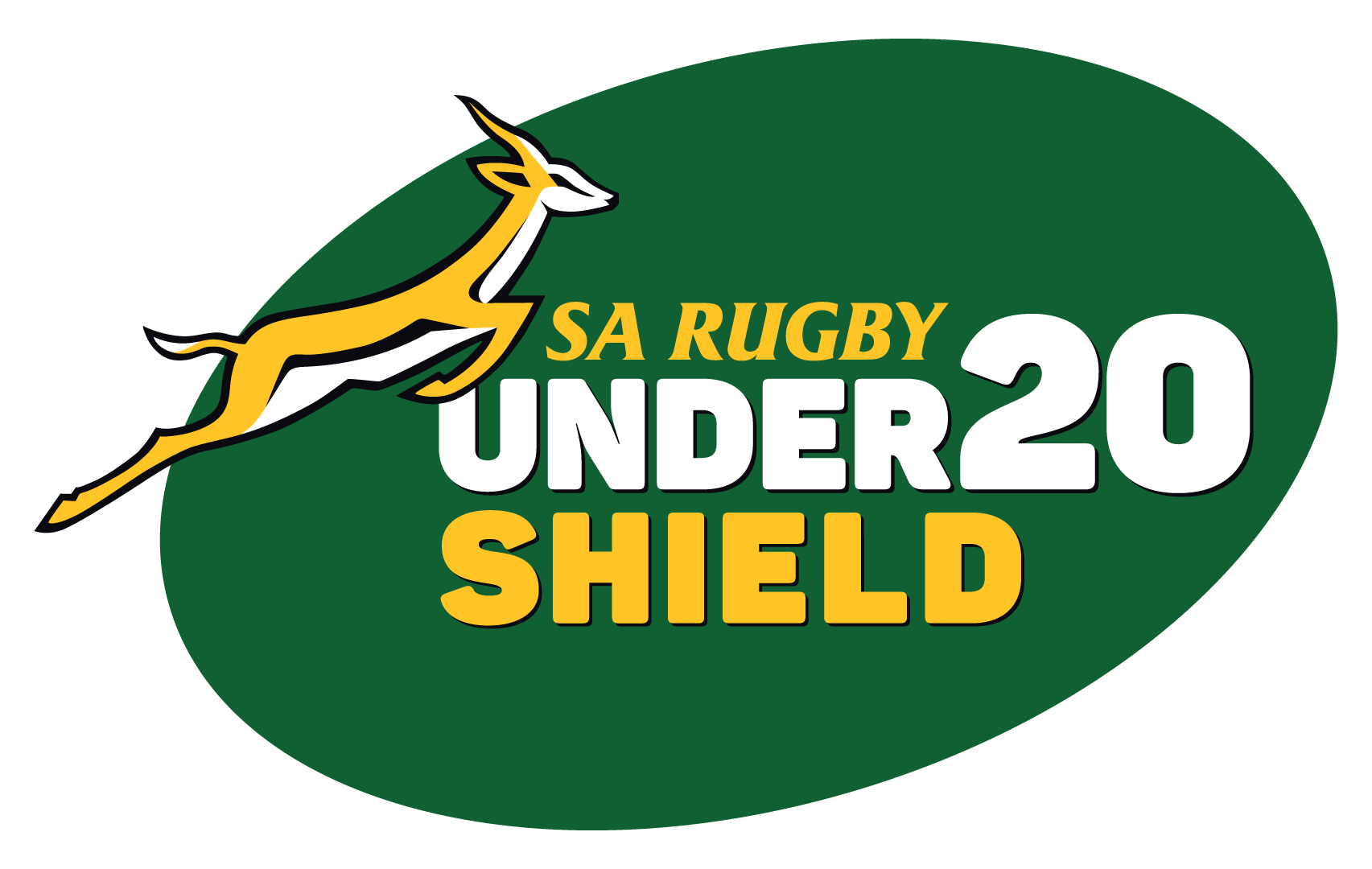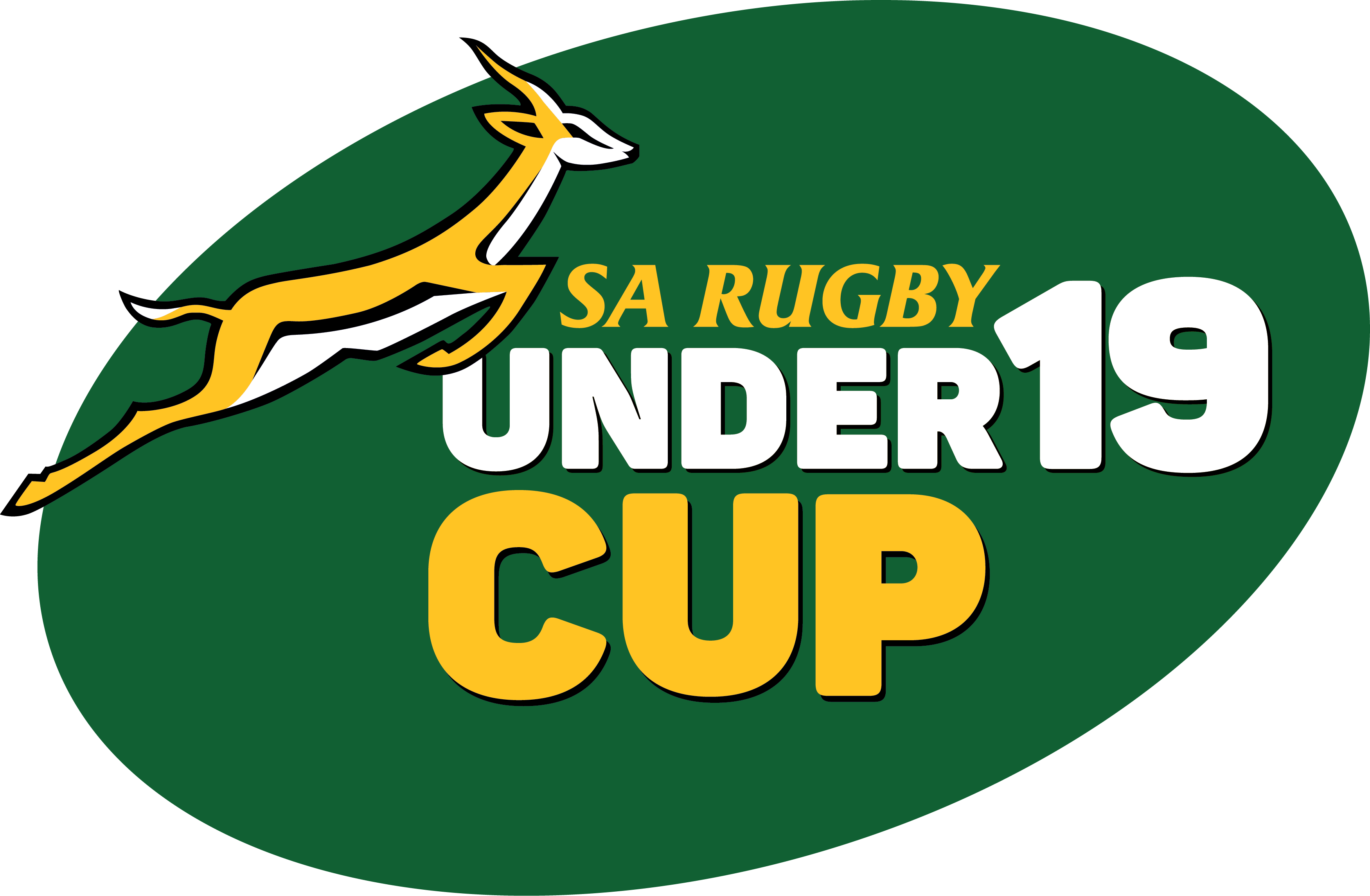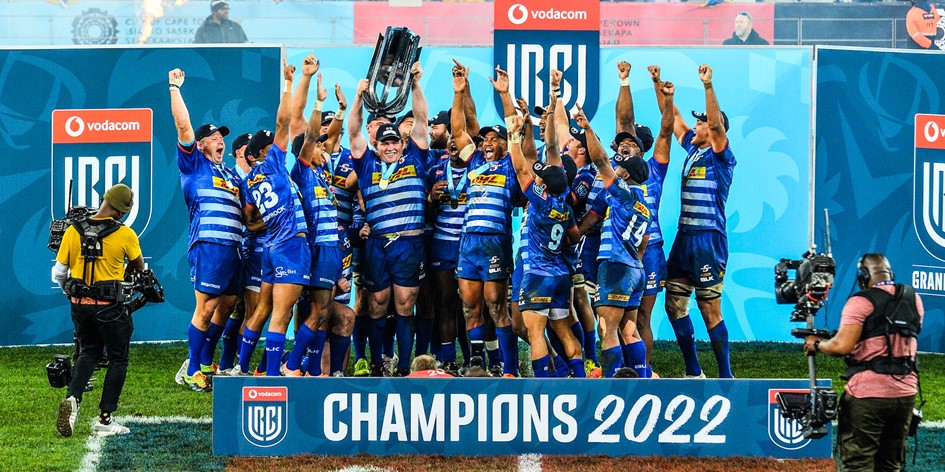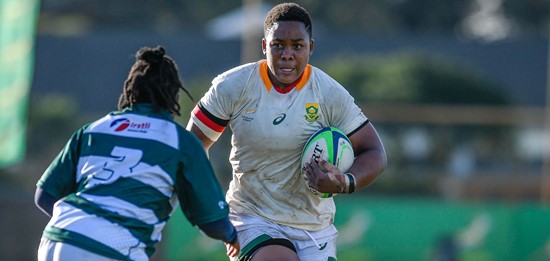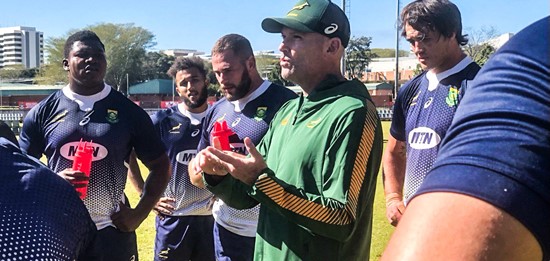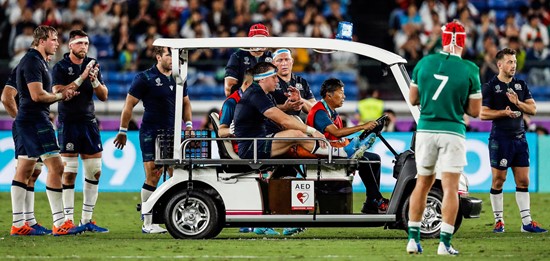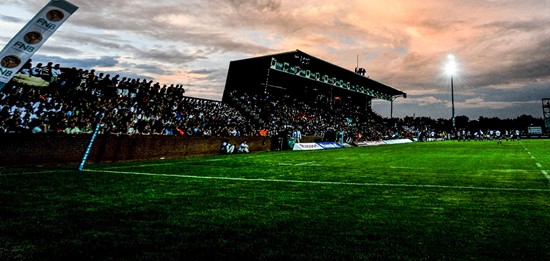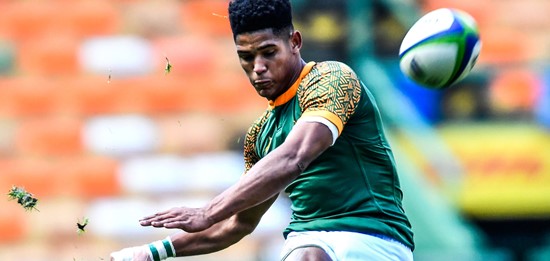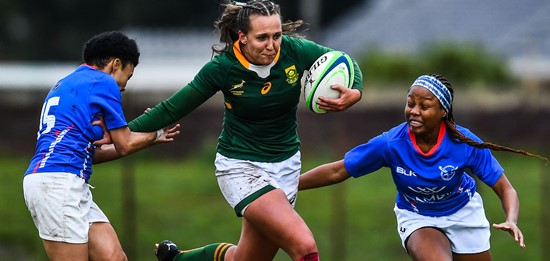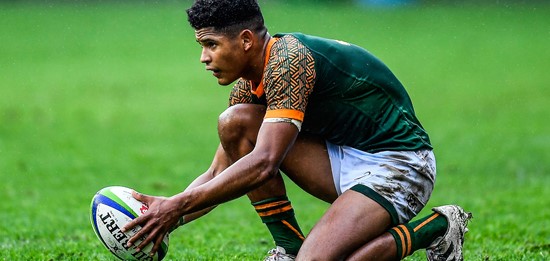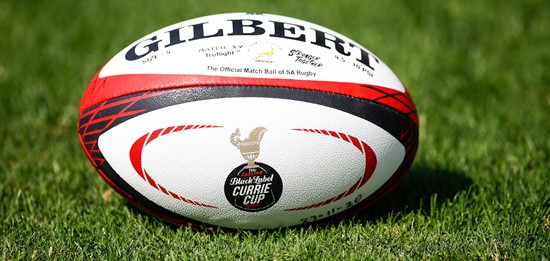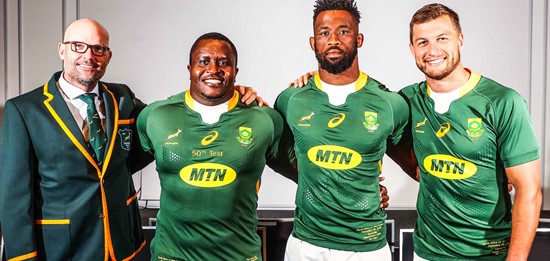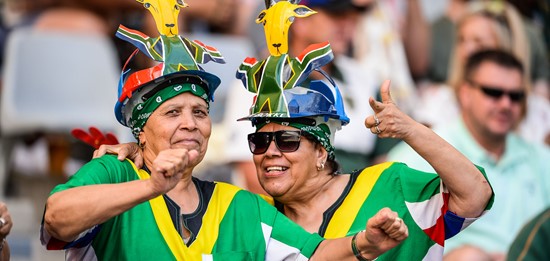The DHL Stormers won, coming from behind against the Vodacom Bulls to win a tense game 18-13, and given that they lost just four games in their entire campaign, they were deserved winners.
Yet they weren’t the only winners as the first year of the Vodacom URC came to a fitting end. And while it was an undeniable triumph for the local professional game that was so under pressure and even written off during the times of COVID lockdown, the so-called vanquished Irish have reason to smile too.
What should be a concern for Ireland is that they were beaten to the final by two teams that between them only have a small percentage of the current national team representatives that Leinster, for instance, have Ireland players. Almost all Ireland’s players play in the Vodacom URC, whereas the current Springbok squad has almost as many overseas based players as home based.
It means that unlike when the Vodacom Bulls won Super Rugby in 2007, 2009 and 2010, the spine of the Bok team is not being provided by one franchise. Back in 2007, the then Bok coach Jake White had the task of reintegrating a squad that was as much as 90 percent made up of players who took part in the Durban final between the Vodacom Bulls and Cell C Sharks.
Current Bok coach Jacques Nienaber doesn’t face that problem.
While the Vodacom URC has unearthed some great new players who are sure to feature for the Boks going forward, it would come as a major shock were it to require the number of Vodacom URC finalists to feature in the first Bok match day squad to be counted on more than one hand.
That is something for South Africans to be pleased about, for it is an indication that the professional game at Vodacom URC level, considered so under threat and weak when the British & Irish Lions toured here last year, is surviving the exodus of top players to overseas clubs.
But Ireland’s concern at the strength of the South African game should not translate into panic, for they’re getting what they asked for when they asked this country to join the Vodacom URC - a wake-up call that will spark them into action and drive them to be better.
By the accounts of Irish people involved with the Vodacom URC competition, the break in the Leinster hegemony is being welcomed in the sense that the jeopardy that makes sports competitions watchable and interesting has been introduced with the South African participation.
There are advantages for both South Africa and Ireland when it comes to playing approach that have been well documented, but the Irish wake-up call could go beyond just how they approach the on-field challenges provided by the likes of the Vodacom Bulls, DHL Stormers, Cell C Sharks and the Emirates Lions.
It could come in the way campaigns are managed too. For most of the early months of the inaugural Vodacom URC season, the narrative was driven by the theme that South Africa could learn from Ireland. Even as recently as a month ago, local pundits were praising Leinster for their squad depth and their ability to balance their Vodacom URC challenge with their quest for Heineken Champions Cup glory.
But just lately, because of how Leinster came short against the Vodacom Bulls and Ulster’s inability to back up in Cape Town what they did in their quarterfinal against Munster, the Irish practice of rotating selections is starting to be questioned.
The penny appears to be dropping that the lesser workloads carried by the provincial players in their system might be behind Ireland’s repeat failures at the Rugby World Cup. To win the Webb Ellis Cup you need to win seven tough games in fairly quick succession, but the Irish players don’t face that kind of challenge outside of the World Cup.
So, it is reasonable to assume we might see less of the Irish province alternative teams next year, with the first-choice players playing more games. Certainly, it is hard to see Leinster, after their wake-up call against the Vodacom Bulls, ever sending a weakened squad to South Africa again.
For South Africa there are also learnings to absorb and improvements to be made, and while the last few matches played overseas saw much improved performances from the local teams, it needs to be noted that it is now spring going into summer in the UK, Ireland and Italy. The big challenge of playing a clutch of games in those places in the depth of winter is one that still awaits the South African teams.
The biggest challenge though in the 2022/2023 season will be the adjustment required because of the addition of Heineken Champions Cup participation for the top three SA teams and the EPCR Challenge Cup for the Emirates Lions and Toyota Cheetahs. There won’t be the gaps in competition there were this year because of COVID interruptions and non-participation in Europe, and the attrition rate is sure to be higher as a result.
One of the reasons for the DHL Stormers’ success story was that for the first time in many years, they got through an entire campaign without facing a major injury crisis. The team they fielded in the final was just two players short (Leolin Zas and Scarra Ntubeni) of being their best in terms of who is contracted to them.
That is partly down to the DHL Stormers training smarter and also perhaps to a shift away from the intensely physical approach they followed when they had almost the entire Bok pack on their books, but also to the gaps in the competition that at times stretched almost to a mini pre-season. It won’t happen next year, with the free weeks being filled by tough Heineken Champions Cup commitments.
So, the drive of not just the DHL Stormers but all South African teams will be to deepen their squads, both in terms of talent and experience, so they can be ready for the dual challenge they will face in the form of both the Vodacom URC and Heineken Champions Cup from later this year.
That need to develop talent quickly and efficiently to be competitive could have obvious positive spinoffs as South Africa has a vast reservoir of raw talent available in this country and salary cap issues and a few other issues faced by rugby globally may start limiting the outward flow to overseas clubs.







